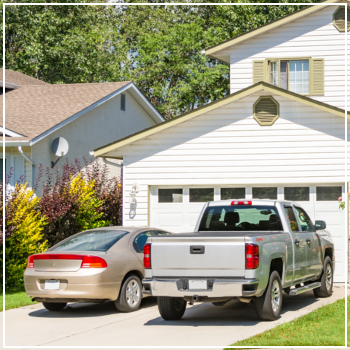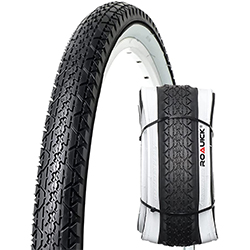While reduced mileage might save you money on gas, neglecting your car during this downtime can lead to several issues. The battery might drain faster than expected, rodents may view your engine bay as prime real estate, and parts could start to corrode. To ensure your vehicle stays in tip-top shape while you’re staying safe at home, follow these tips to keep it maintained during the current shutdown. If your car hasn't been driven beyond quick trips to the store, it's probably not getting the exercise it needs. Aim to take your car out for at least 20 minutes once a week. This helps: This advice applies equally to electric and hybrid vehicles. Even though their charging systems typically keep the battery topped up, batteries that sit idle for too long will still lose charge over time. Alternatively, you could use a trickle charger to maintain the battery instead of driving. If you're planning to leave your car untouched for an extended period, consider removing the battery entirely or taking off the wheels to reduce strain. How and where you've stored your car, along with its post-winter condition, will dictate how much cleaning it needs now. If it’s been left outdoors, it’s vulnerable to UV rays, bird droppings, tree sap, and dust. And if you’ve driven through winter roads, there’s likely plenty of road salt residue to deal with. Start by treating your car’s interior like your home’s—wipe down surfaces with a microfiber cloth and a solution of 70% isopropyl alcohol and 30% water. Avoid using bleach-based cleaners, especially on suede or leather upholstery. For the exterior, use a weatherproof cover or park in the shade if possible. If neither option works, make it a habit to wash or spot-clean your car regularly to protect the paint from contaminants. Avoid harsh chemicals like bleach, hydrogen peroxide, and ammonia when cleaning your car, as they can damage screens and upholstery. Leaving your car stationary for a month or more can cause tires to develop flat spots, particularly if the air pressure is low or temperatures are cold. To prevent this, check your tire pressure regularly. Inflate them to the recommended PSI found inside the driver's side door. Properly inflated tires not only prevent flat spots but also improve fuel efficiency and prolong the lifespan of your tires. Leaving your car’s parking brake engaged for extended periods can cause the brake pads to fuse with the rotors, leading to rust formation. While going for a drive reduces this risk, it’s also wise to release the parking brake if you won’t be driving often. This precaution can save you from costly repairs later on. Rats, mice, and even squirrels can wreak havoc on your car. They might build nests, store food, or chew through wires, which can render your car inoperable. Since leaving your car stationary increases the chances of pests making themselves at home, pop the hood and inspect the engine bay for any signs of nesting. Also, check the tires and wheel wells for similar activity. If you expect to remain at home for several more months, treat your car as if it were a seasonal vehicle. In addition to using a weatherproof cover and keeping both the interior and exterior clean, take these extra steps: Remember, car maintenance is considered an essential service in many states. DaSilva’s Auto Body is offering “No Touch†services to help keep your car running smoothly during these uncertain times. If you need any vehicle maintenance during the pandemic, reach out to our Naugatuck location today. Folding Bicycle Tire,20 Inch Bmx Bicycle Tires,Mtb Bicycle Tires,Bicycle Tire Road Inner And Outer Tire HEBEI HONGYANG TIRE CO.,LTD , https://www.hongyangtyre.com For most Americans, stay-at-home orders have effectively paused their daily commutes. With fewer trips outside, many are venturing out only occasionally to pick up groceries or medications. While these measures are crucial to curbing the spread of COVID-19, it also means your car is likely sitting idle in the driveway or garage.
For most Americans, stay-at-home orders have effectively paused their daily commutes. With fewer trips outside, many are venturing out only occasionally to pick up groceries or medications. While these measures are crucial to curbing the spread of COVID-19, it also means your car is likely sitting idle in the driveway or garage.Take It for a Spin Weekly
Keep Both the Interior and Exterior Spotless
Inspect Your Tires Regularly
Don’t Rely on the Parking Brake
Guard Against Pests
Plan for Extended Storage
